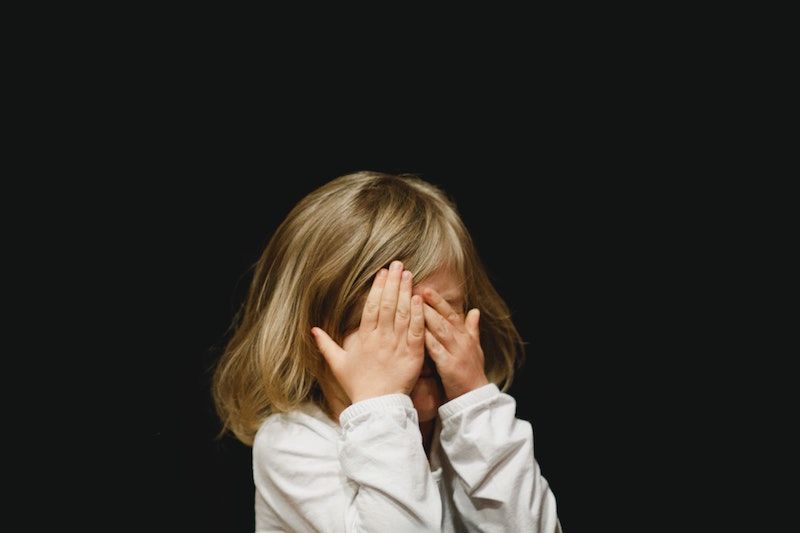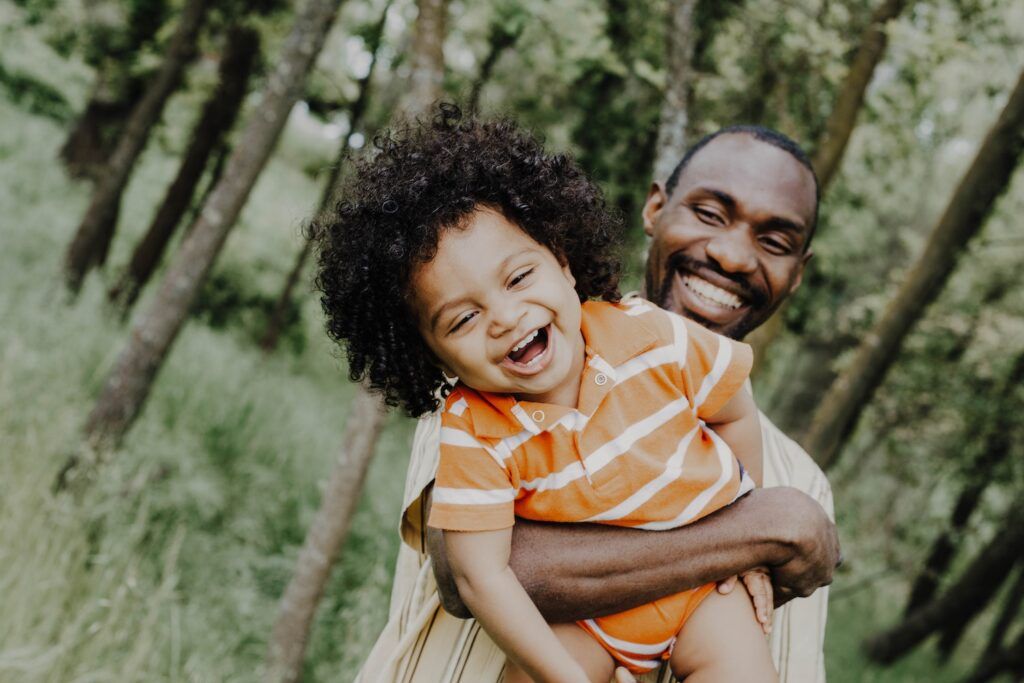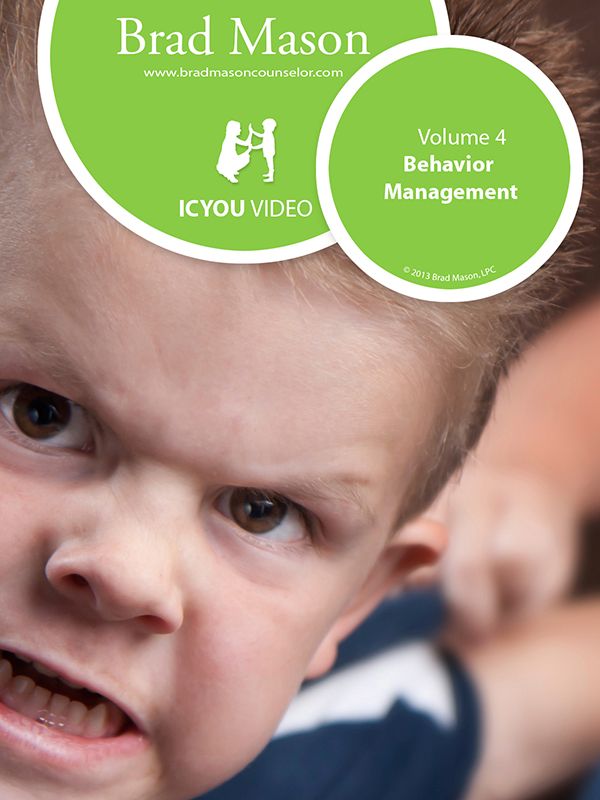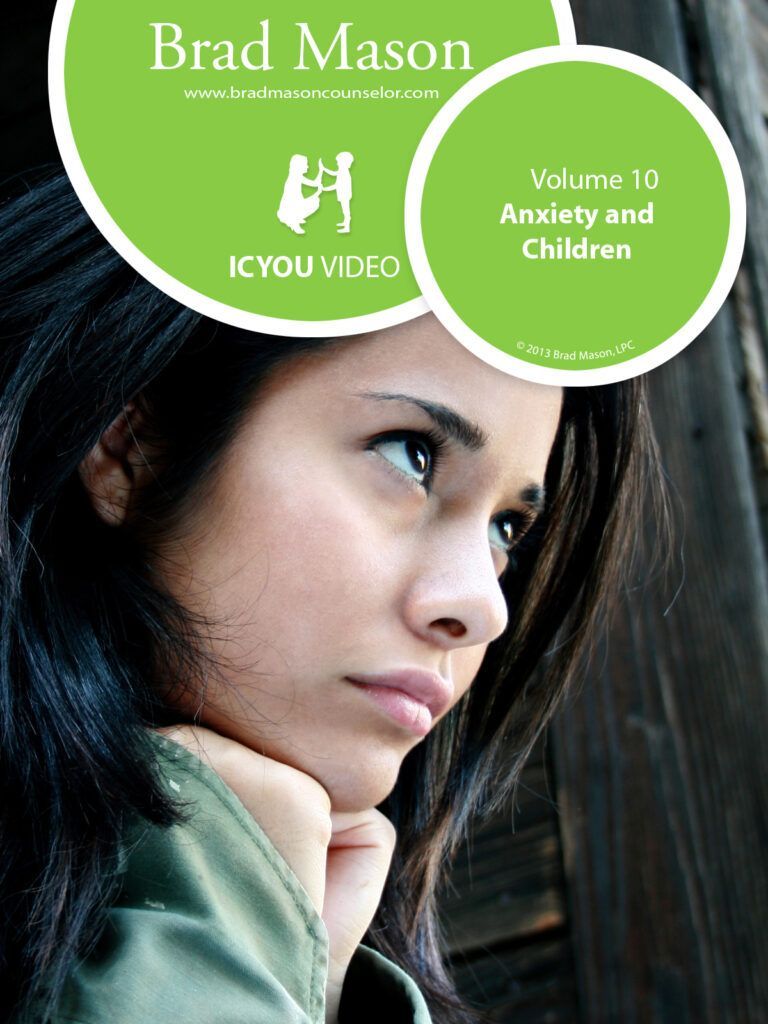Covid Impact on Young Children
Covid Impact on Young Children- Understanding and Supporting
This article explores the covid impact on young children, mainly their social and emotional development, aged birth through five. It will be followed by articles exploring the same topic for children in older age groups, with ideas about how to support healthy coping and development. Additional resources and ideas at the end of article.
To summarize from the CDC’s website:
https://www.cdc.gov/mentalhealth/stress-coping/parental-resources/index.html
- Changes in their routines (e.g., having to physically distance from family, friends, worship community)
- Breaks in continuity of learning (e.g., virtual learning environments, technology access and connectivity issues)
- Breaks in continuity of health care (e.g., missed well-child and immunization visits, limited access to mental, speech, and occupational health services)
- Missed significant life events (e.g., grief of missing celebrations, vacation plans, and/or milestone life events)
- Lost security and safety (e.g., housing and food insecurity, increased exposure to violence and online harms, threat of physical illness and uncertainty for the future)
Early Childhood (Birth-5)

Disruptions in Routines
Predictable routines, structure, and physical comfort are what provide a sense of security for children in this age range. Parents also need time to cope with their own stress. (Caregiver Stress Inventory Link)
One way to address both issues is to establish routines with trusted caregivers to provide social outlets for young children and a break for parents. Structure refers to both consistent routines and consistent rules and discipline practices that are followed through, even and especially when young children test the boundaries.
It is a good idea to create a visual schedule for children (activity schedule link) that can also represent in advance any changes in routine, and a written and visual list of expected behaviors, rewards, and consequences to keep all caregivers consistent. (The How can a caregiver care for themselves document has some community agency resources listed to help parents link to assistance.) Another great way to build in structure is to create “I love you rituals.” These are daily routines that signal transitions. When Dad goes to work, when Mom is done with work, even if from home, and is now more available to play and interact, before bed, when a child returns from outside of home care. You probably have some already.
Keep them going and regular. These routines build connection and provide warmth and security. They can also offset changes that disrupt the life the children were used to. It might be a tickling game, a verbal back and forth pattern such as “I love you more,” answered by “No I love you more” repeated back and forth. When my kids were toddlers, I noticed when we arrived home from daycare, with no routine in place, they sometimes were excited, disorganized, and might go to a “No” behavior such as dumping the entire container of fish food in the fish tank. Ugh, what a mess. I bought a big package of cheap popsicles, let them pick a color and we sat outside on the front porch to eat them. Then they could use their ride on toys in the driveway, or we’d take turns blowing bubbles for the others to chase and pop. No more cleaning up the fish tank, happy Dad and kids.
I Love You Rituals is also a book written by Becky Bailey, for more ideas. They are connecting routines involving eye-contact, physical touch and pressure, mutual presence and playfulness. They are integral to Conscious Discipline, and can be as simple as something like Paddy Cakes. Anybody remember that? “Paddy cakes, paddy cakes, bakers man…” It involves eye contact, synchronized hand movements and contact, and the use of language to coordinate the interaction. Exactly what young children need to develop motor, emotional, language, and social skills. Especially when they have delays, or something like Autism, or are missing face to face social play interactions.

Missed life events– weddings, reunions, births, holiday extended family gatherings impact this age group too. They may be missing group gatherings to celebrate life events such as birthdays or create opportunities to grieve. Remember that for young children a few weeks away from someone they saw more regularly can seem like a very long time and be experienced as a loss. Consider implementing regularly scheduled Facetime, Zoom, or Skype meetings with participants in your child’s life who become unavailable for in-person visits.
In the event of loss, it can be good to speak about it openly and honestly vs. staying silent to avoid strong feelings. Another strategy to assist a young child who may lack the verbal expression and concepts to understand and communicate about a loss is to read children’s books to them on the topic. You can often find numerous inexpensive mildly used books online for any of these topics, such as death or divorce. These books can be placed in your child’s library if you have a collection of books for reading before bed. This way they can be available to be chosen by you or your children when desired, and repeated later in their development.
Losses like death and divorce take time and maturation to process and understand. As your child develops, the feelings and ability to understand can change as they age. When the book is repeated months or even years later, they may have new questions, feelings, and insights that help them integrate with and adapt to the experience. A few notes of advice here; I suggest ordering multiple books on a topic. Read them in advance to eliminate any books or pages of books that express ideas you consider inappropriate in view of your child’s maturational level and your personal values. I have been surprised and alarmed by what gets printed in books for children’s sometimes. Lastly, if it is a topic your child is resistant, defensive, or rejecting of, seek books that place the issue not only in third person (about somebody else) but also in the context of a family that is not human- Dinosaurs’ Divorce, or a story about a family of bears or monkeys, for example.
Breaks in continuity of care can result in missed opportunities for well-checks to pick up on delays in developmental milestones and provision of therapy services such as speech, occupational therapy, and physical therapy. To make up for gaps in childcare due to closures, parents not able to remain engaged with children at home can reach out to others for support. A co-op with neighbor(s), extended family, or small at-home daycare or respite are examples. This can be especially important for parents of children with special needs. To support discontinued therapies when children continue to have needs, consider a phone chat or virtual session with the therapist to get instruction in therapeutic activities implemented at home that foster language, motor, social, and emotional development.
Here are some (Games) children love to play. They can be played with another adult or with a sibling or neighbor’s child. Once the children have learned the template for the game, they can learn to play with less coaching so they develop better ability to use leisure time independently so parents can do necessary house and vocational work. Nearly all children enjoy these games, I selected them based on my practice of developing social, play, and communication skills for children with social delays such as with Autism Spectrum Disorders. I’ve found most children, including reluctant or rigid children, will engage with and enjoy these games. I included the vital social play skills each game helps to develop.
Lost Security and Safety
Threats or loss to security and safety covid impact on young children. Children can grieve over the loss of loved ones, either by death, or travel and visitation restrictions due to health concerns. Loss of income or access to food, transportation, and housing can impact children too. Even if they don’t overhear adult conversations, they are in tune with and will mirror parent stress levels. Young children may be prone to worrying that since for example they can no longer visit grandparents that a parent may not come home one day. Because young children are egocentric, they also tend to think that everything is about them. At some level they may conclude such losses even if temporary are because they didn’t behave well enough, that they did something wrong to cause the separation.
Many parents have lost their jobs or had to work from home due to loss of daycare or in-person school. This loss of income and change in routine creates stress for parents. It is hard to imagine their children not being impacted by these changes as well.
Increased parent stress can lead to substance abuse, parent withdrawal, child abuse or neglect, increased conflicts or even family violence which can impact children too. Parents take care of yourselves and don’t put off getting help when you are worried your problems are impacting your parenting and children.
It is important to be open and honest with them about changes. Point out that the change has nothing to do with them or anything they did. Young children who are grieving are assured by hearing they are loved and they will be taken care of on a regular basis. Provide physical comfort. Ask if they have questions, such as if I get sick will I die, if you get sick will you die. Give simple and honest answers. “Most children who get sick get better. Usually covid is like having a cold or flu. You will have to rest and drink plenty of fluids. We will take care of you and you will be okay.” Let them know there are things they can control and do to promote community safety such as masking, handwashing, and social distancing.
Masking, social distancing, avoiding public gatherings, and media about death, illness, and contagion all have the potential to threaten the fragile sense of security many younger children have. Parents again can remind children they are loved and will be cared for and kept safe. Avoid excessive exposure to media about disasters and threats. If they have access to a device such as an ipad or television, make sure they will not be exposed to information without a parent present to supervise, limit, and moderate. Be wary of the programming you as a parent may be consuming while your child is present and overhear. Be mindful of newsbreaks that may pop up and turn it off!
I remember when a shooting occurred in a Sandy Hook Kindergarten class. It was all over the news, sprinkled in newsbreaks between regular network programming. I saw it playing on the television in my children’s daycare. A five or six year old child should not be exposed to the fear that a stranger will burst into their classroom at any moment and start shooting. The same goes for news of death and illness. Parents can explain measures being taken to reduce risks emphasizing safety and security, public and social media will not exercise good judgment in how to present information without creating excessive fears.
There can be signs that covid impact on young children threatens their sense of security and safety.
Changes in eating or sleeping habits.
Used to sleep alone and now refuses.
Becoming increasingly clingy and fearful of separation from one or both parents.
Bad dreams.
Excessive worry.
Poor school performance or school refusal.
Headaches or stomachaches.
Increased irritability, aggression, non-compliance, tantrums, withdrawal, or crying.
Regression- talks like a baby or acts like a familiar animal, becomes unpotty-trained.
Difficulty concentrating or remembering.
If you see changes in the behavior of your younger child that concern you, don’t hesitate to reach out for help. Consider a session or few with a counselor experienced with children of the same age. This can be conducted virtually for advice in how to assist them in processing and recovery. Remember that parents can model good self-care and self-reassurance.
Below are related articles and courses to help manage covid impact on younger children:
How to Talk to Kids in Crisis- Developmentally Appropriate Ways of Reassuring Kids by Age Groups
Stay Calm, Yell Less: Increase Compliance

Module #4 – Behavior Management
Module #10 – Anxiety and Children strategies to teach coping skills

What about covid impact on children with pre-existing mental health and learning disorders?
Children with pre–existing mental and physical disability are at utmost risk
https://www.ncbi.nlm.nih.gov/pmc/articles/PMC7330593/
I hope you enjoyed this article Covid Impact on Young Children. I hope it will help and feel free to share.
I want to create healthy happy life
It can be hard to work with a mind that keeps going to the problems and worries. It's time to teach children their power over thoughts and feelings.
I would like teachable exercises for; replacing thoughts that are not helpful, reasonable, or true, creating joy and emotional resilience, Mindgarden metaphor illustrating power and choice in thoughts, Dream Book strategy for identifying clear goals and building motivation, a video explaining how NOT to let others or situations have the power to bring you down!